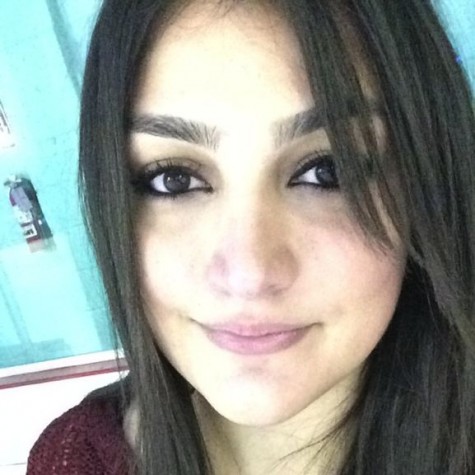Ask Aggie: Involvement at GCC Makes a Difference
Dragging my feet up the steps of campus on my first day of post-prison (high school) education, my feet were weighed down with dread and reluctance. I looked at the teal railings in distaste, dubbing the chips in the bland paint as signs that the next two years at GCC would chip away at my sanity.
Melodramatic, I know. But like many others, I bought into the stigma attached to community colleges. I couldn’t wait until I completed my G.E. courses and transferred out. That’s when my life will really begin, I thought.
I had no plans to get involved in campus life — except to join the newspaper as a way to pass the time and build my skillset as an aspiring journalist. Fortunately, my friend Mary encouraged me to join the Scholars Program, which I did simply to increase my chances of transferring to a reputable school.
But joining El Vaquero and Scholars were two of the smartest decisions I made as a budding adult. Not only did both require getting more involved on campus, but also in the community.
Through the newspaper, I grew up as not only a writer and a journalist, but as a human being, learning from those much more experienced and knowledgeable than myself. I learned to swallow my pride, put my head down, and just simply work to move forward.
Professor Michael Moreau and our production team, which consisted of Sal Polcino, Jane Pojawa, Rich Kontas, and Charles Eastman, were the heart and soul of El Vaquero, keeping the other writers and I on our toes as their blunt and honest criticism forced us out of our Millennial shells and emphasized the importance of meetings deadlines in the adult world. A newsroom is a well-oiled machine, and when one part fails, the whole structure is in danger of collapsing — often, we learned this the hard way.
Through Scholars, I was similarly blessed, working with people who pushed me to aspire toward constant improvement. The program’s director, Dr. Harnett, is simply a gem, working long hours to make sure his students make the most out of their education.
I used to see the program as just an opportunity for university resume-padding, but upon getting more involved and working directly with Dr. Harnett, I realized that it was so much for than an honors curriculum — it was about community and teamwork.. As we assembled to organize fundraisers, volunteering events, and what seemed like an endless line-up of meetings, my fellow scholars and I realized that teamwork really does make the dream work — as cliché as the adage may seem.
Had I continued my education at GCC with the same bored and detached attitude I started out with, I would have missed out on major opportunities for personal and academic growth. Not only did I meet two of the greatest mentors anybody could ask for (Professor Moreau and Dr. Harnett), but I also made lifelong friends and met individuals, such as President David Viar, whose dedication to the campus and its students fueled my sense of belonging at GCC.
Many often decry the value of a college education. In fact, during my first semester at USC, one professor rather haughtily remarked that, as a community college transfer student, I must surely struggle with the scope and length of the readings. I was more than happy to inform him that many of my professors at GCC were some of the best and most inspiring instructors I had ever come across (shout out to Professors Toby Rogers, Michael Reed, Levon Marashlian, John Queen, and Marguerite Renner).
I cannot emphasize enough the benefits of making the most out of one’s experience at community college. Upon transferring, the skillsets built at a two-year institution will help transitioning to a four-year university run more smoothly.
Not only will keeping up with the course load seem less daunting, but so will getting more involved on campus. Most of the professors you come across upon transfer will not be like the snooty aforementioned one, as they are typically happy to answer any questions you have about the course or the university. They will not treat you any differently as a transfer, nor think you are less than capable of keeping up — and you shouldn’t either. After all, you are a Vaquero!

Writing for her high school newspaper pushed Agnessa toward a career in journalism. During her junior year of high school, she broke a story regarding...
